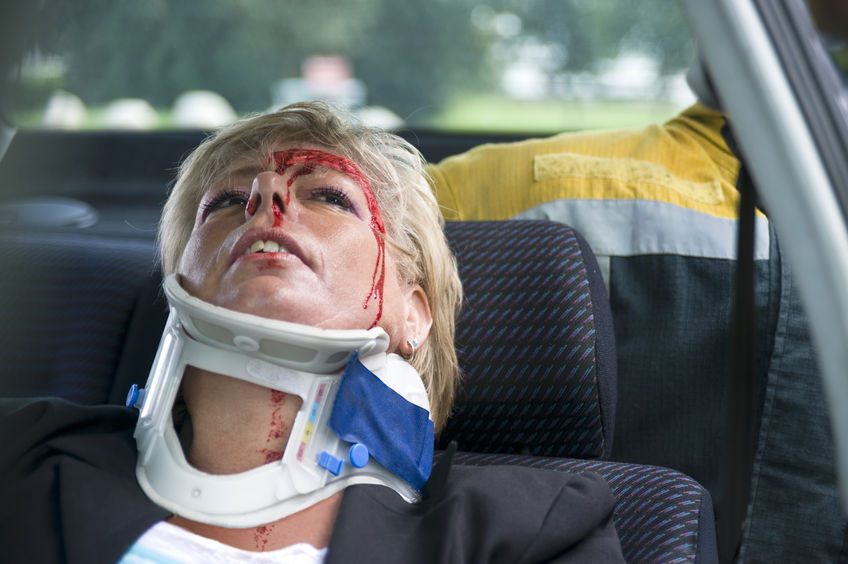When Can Accident Victims Seek Compensation for “Pain and Suffering” in Florida?

If you have been seriously injured in a car accident, you understandably want just compensation for your pain and suffering. You are suffering the consequences of someone else’s careless mistake, and you do not deserve what you are being forced to endure.
In cases involving severe auto accidents, it will often be possible to recover “pain and suffering” damages. But, these damages are not always available; and, even when they are, accident victims must take appropriate steps to preserve their legal rights. If you have been injured in a crash and you are serious about maximizing your financial recovery, here are some important facts for you to know:
1. Personal Injury Protection (PIP) Does Not Cover Pain and Suffering
Under Florida’s “no-fault” insurance law , when you get injured in an auto accident, your first source of financial recovery is your own personal injury protection (PIP) policy. While PIP will cover your medical expenses and loss of income (up to your policy limit), PIP does not provide compensation for pain and suffering.
2. Pain and Suffering Claims Require Proof of Fault
In order to recover pain and suffering damages outside of PIP, you must be able to satisfy two basic criteria: (i) you must have been diagnosed with a severe injury; and, (ii) you must have proof that someone else (i.e. the other driver) was legally at fault in the accident. Proving fault requires a prompt and detailed investigation, and you will need to hire an attorney to convince the insurance companies that you are entitled to compensation outside of PIP.
3. There are a Few Potential Sources of Pain and Suffering Damages
While most auto accident victims diagnosed with severe injuries will seek to recover their losses under the at-fault driver’s bodily injury liability (BIL) policy, this is not the only source of pain and suffering damages. Other potential sources of financial recovery include:
Your own uninsured/underinsured motorist (UIM) insurance policy (if you were seriously or permanently injured and the at-fault driver does not have insurance to cover your losses); and,
A third-party claim against a repair shop, vehicle manufacturer, road construction contractor, or any other company that caused or contributed to the accident.
4. Pain and Suffering Claims Require Proof of Loss
When seeking financial compensation for pain and suffering, it is not enough simply to state that you believe you are entitled to damages. You need to prove that you have experienced pain and suffering, and you need to place a substantiated dollar value on your non-financial losses. This means taking steps such as:
- Seeking treatment and undergoing therapy and rehabilitation for your pain, scarring and loss of mobility;
- Seeking mental health treatment for the psychological effects of the accident;
- Taking your medications as prescribed (or seeking a second opinion, if warranted);
- Keeping a daily log (or “pain journal”) to document the non-financial impacts of your injuries; and,
- Working with experienced legal counsel to calculate an appropriate value for your pain and suffering claim.
Speak with an Auto Accident Lawyer at Miami Legal Firm
To learn more about seeking financial compensation for pain and suffering after an auto accident in Miami, please contact us to schedule a free, no-obligation consultation. Call (305) 265-2266 to schedule an appointment, or tell us how to reach you and we will be in touch as soon as possible.